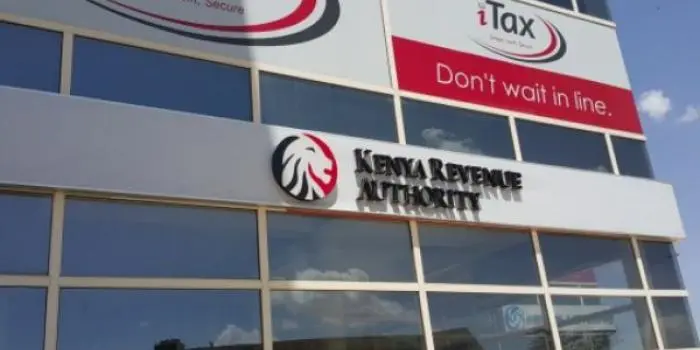Employees to pay lower taxes on welfare loans after KRA review

The tax, which applies to welfare benefits such as low-interest loans provided by employers, has now been pegged at its lowest level since January 2023.
Tax relief is in sight for employees benefiting from subsidized loans after the Kenya Revenue Authority (KRA) lowered the fringe benefits tax to 9% for the second quarter of 2025.
The decision was announced shortly after the Central Bank of Kenya (CBK) revised its benchmark lending rate to 10 percent, down from 10.75%.
The tax, which applies to welfare benefits such as low-interest loans provided by employers, has now been pegged at its lowest level since January 2023.
According to KRA Commissioner for Domestic Taxes Rispah Simiyu, "For the purposes of Section 12B of the Income Tax Act, the Market Interest Rate is 9%. This rate shall be applicable for the three months of April, May, and June 2025."
This reduction is expected to ease the tax burden on employers and workers who access fringe benefits during the course of employment.
Such benefits form part of taxable income under Kenyan law, alongside salaries, wages, and bonuses.
The fringe benefits tax is based on the gap between the prevailing market interest rate and the rate actually paid by the employee on loans offered by the employer.
The obligation to pay the tax continues even if the employee leaves the organization before the loan is repaid.
Fringe benefits tax is due by the 9th of the month following the one in which the benefit is offered.
The tax rate is updated quarterly by the KRA in line with changes to the market interest rate.
The tax had previously been reduced to 13% in January, following a year-long period of 16%.
With this new rate, the government continues to respond to shifting economic signals by adjusting how much employers must pay for such employee benefits.
CBK, which influences monetary policy through the benchmark lending rate, said it had decided to further loosen its policy to encourage banks to lend more.
"The committee concluded that there was scope for a further easing of the monetary policy stance to stimulate lending by banks to the private sector and support economic activity while ensuring exchange rate stability," read its statement on Tuesday.
As commercial banks react to the new base lending rate, the lowered fringe benefits tax is likely to encourage more employers to extend subsidized credit to their workers, potentially boosting both morale and consumption.
